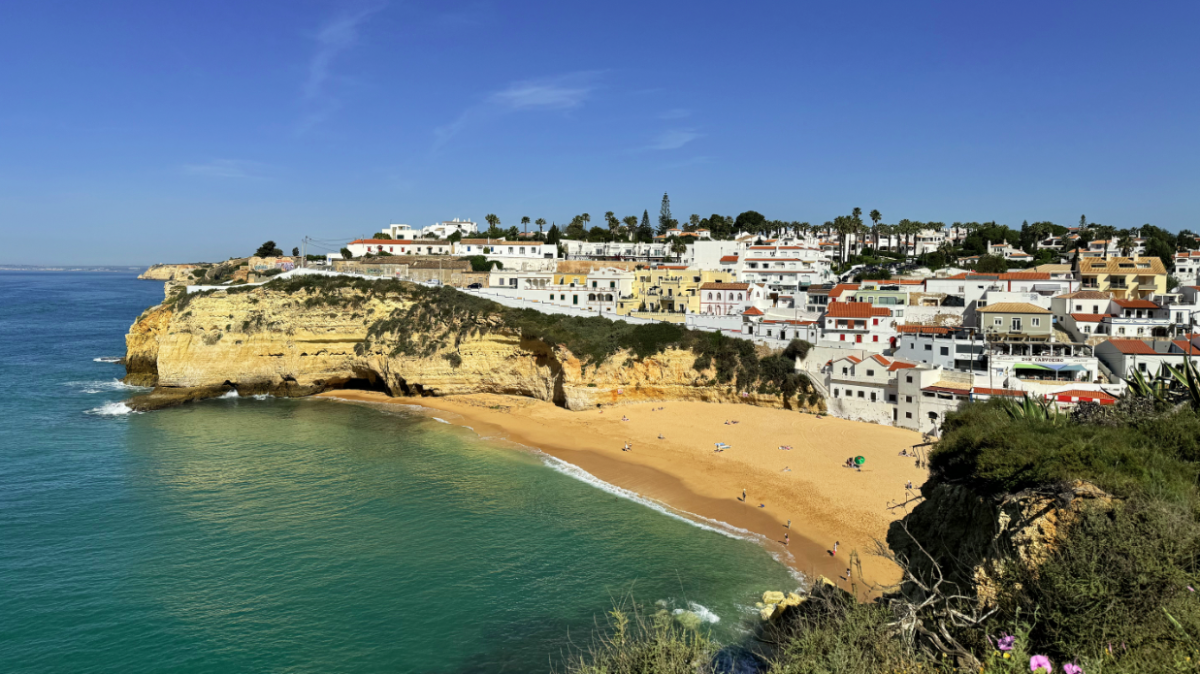On the prospects of his standing again for president, the former dean of the University of Lisbon - now Portugal’s ambassador to UNESCO, the United Nations Educational, Scientific and Cultural Organization - said that he “would never say never” given that “the strongest idea of democracy is that we all have to be available and, to the extent of our capacities, prepared for the challenges of life.” But, he said, the presidency “is a matter I do not really think about, it is not a matter that consumes me a second of my 24 hours."
The interview is the first that Sampaio da Nóvoa has given since he began his stint in Paris.
Sampaio da Nóvoa, who came second in the 2016 presidential election, with 22.8% of the votes, said he expects the incumbent, Marcelo Rebelo de Sousa, to be re-elected in 2021 because, in Portugal, the political system creates a "logic of 10-year presidents”.
De Sousa himself “has practically announced” his intention to stand again, he noted.
However, Sampaio da Nóvoa said that he is convinced that at some point in the future a president will be elected with no ties to any party.
Sampaio da Nóvoa did not comment on de Sousa’s performance as head of state, but instead expressed concern at the growth of populism and the growing importance of personal popularity in national politics – which might be taken as an implicit criticism of de Sousa, who is known for his walkabouts and selfie opportunities.
"Great statesmen have rarely been popular,” said Nóvoa. “Because only those who live in the present, who say what people want to hear, are popular. What we need from politicians is not to tell us what we want to hear [but rather] that they are capable of opening up ways, anticipating things and having a political vision."
While he takes the view that in Portugal, the current Socialist government has shown that "there are other possibilities" for governing other than implementing austerity, the ambassador to UNESCO stressed that "the country's underlying problems are far from resolved," notably with regard to the distribution of wealth and citizen participation.
"We cannot resign ourselves to poverty,” he said. “It is unacceptable to me that from 2000 to now we have been diverging from the average European [Union] income. I feel this as a generational failure.”
As for citizens’ participation, Sampaio da Nóvoa said he fears that parties’ normal priority is to make use of voters.
"What we notice in the parties is that in certain situations of crisis, as happened with the crises of 2012 and 2013, there is a flurry of activity to open [things up] to citizens, but as soon as the crisis is over, the parties return to form and remain closed on themselves and forget the citizens. And when they do not forget them, it is to make use of them."
António Sampaio da Nóvoa was appointed a year ago by de Sousa, at the proposal of the government, as Portugal ambassador to UNESCO in Paris.









